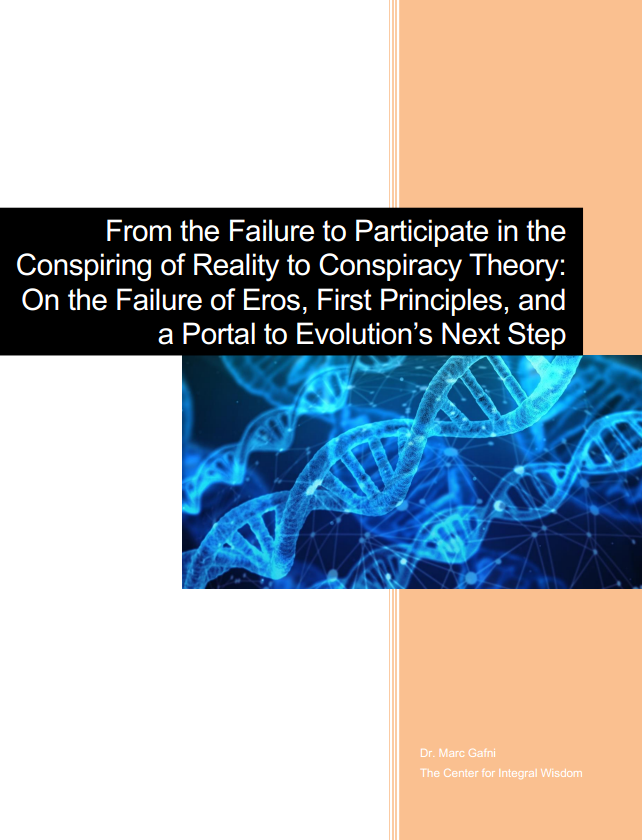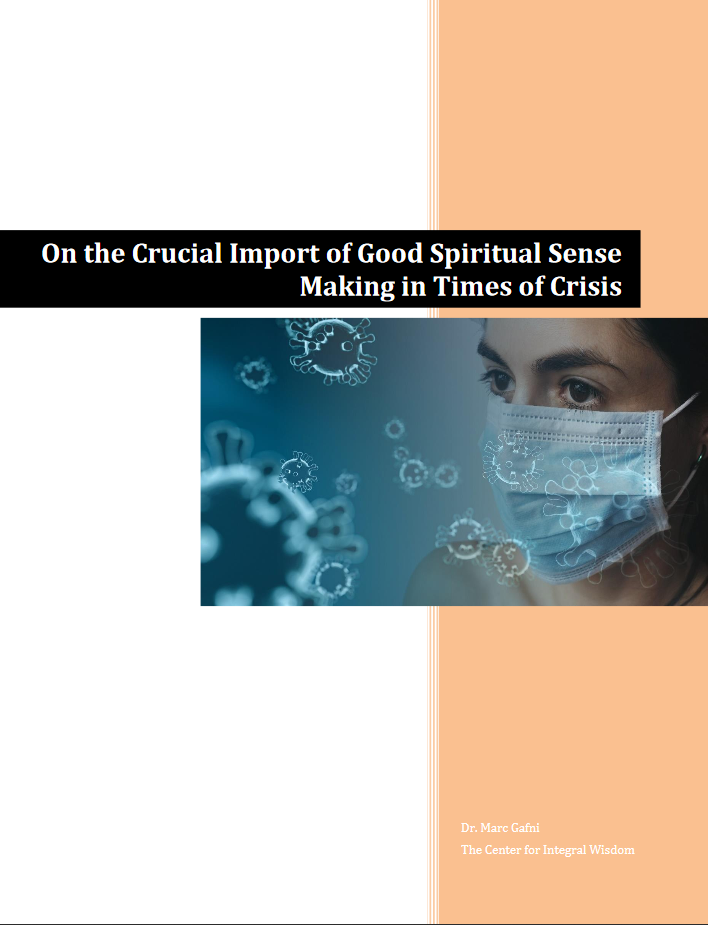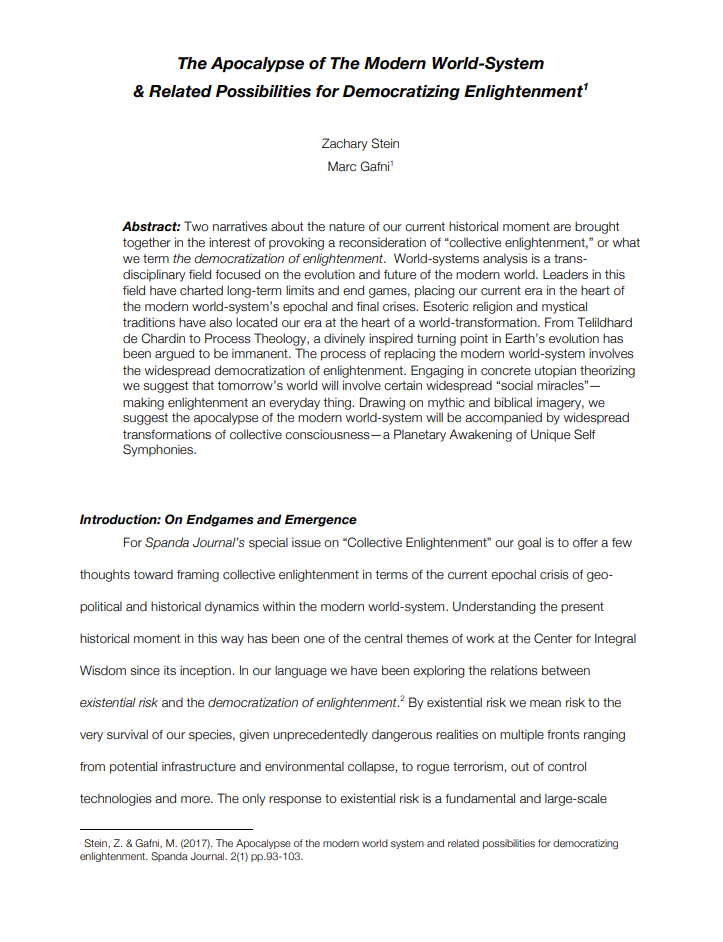Dr. Marc Gafni: Video Series on Diagnosing the Techplex: From Digital Dictatorship to Digital Intimacy
From Social Self to Unique Self, From Social Hives to Unique Self Symphonies
“First Principles express the underlying – eternal yet evolving – universal principles of value that need to be the rudder of civilization’s next stage. First Principles are urgently needed – personally and collectively – to respond to the catastrophic and even existential risk that challenges us, invites us, and demands our response at this moment in time. First Principles are ancient, time-honored, and venerable, even as they are evolutionary, emergent, and new. First Principles are a weaving together of the most crucial validated truths from all the wisdom streams – premodern, modern, and postmodern – into a new whole greater than the sum of its parts. First Principles are what we have referred to as the New Story, or a New Dharma, or a Global Ethos for a Global Civilization. First Principles are implicitly shared by all the Many Paths. They are the foundation of the One Mountain itself.” – Dr. Marc Gafni







 In Marc’s words from his 2nd Summit keynote:
In Marc’s words from his 2nd Summit keynote:
 One of the core tenets of an Integral Planet, the Emergence Project, and a World Spirituality Based on Integral Principles is to be All In for All Life.
One of the core tenets of an Integral Planet, the Emergence Project, and a World Spirituality Based on Integral Principles is to be All In for All Life.
 Read this White Paper by Board Members
Read this White Paper by Board Members 